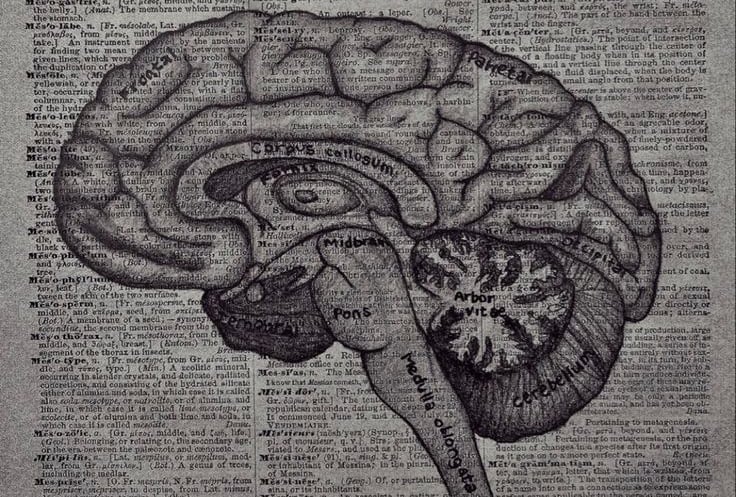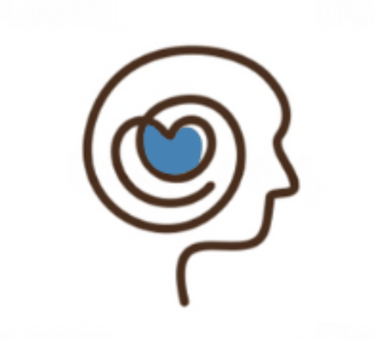Why Mind Matters?
Mind Matters is committed to tackling rising teen mental health issues through a multifaceted approach. Read more about our mission here.


Over recent years, there has been a noticeable rise in stress, anxiety, depression, and other mental health issues among this age group. Adolescence is a crucial growth and development period marked by physical, emotional, and cognitive changes. While it is a time of exploration and self-discovery, it can also be a period of heightened vulnerability to mental health issues.
In today's competitive educational landscape, there's a growing emphasis on academic achievement. Teenagers often face immense pressure to excel in school, not just academically but also in extracurricular activities. This constant push for excellence can lead to stress, anxiety, and burnout among students. The competitive nature of schools and colleges can foster an unhealthy environment where students feel the need to outperform their peers. This can create a sense of inadequacy and lead to unhealthy comparisons, further exacerbating mental health issues. Transitions such as starting high school, preparing for college, or facing major exams can be particularly stressful for teenagers. These transitional periods often come with increased expectations and uncertainties, adding to the emotional burden on students.
Conflicts, arguments, or strained relationships within the family can profoundly impact a teenager's emotional well-being. Family conflicts can create a stressful home environment, leading to feelings of insecurity, anxiety, and emotional turmoil for teenagers. High expectations or pressure from parents regarding school performance, plans, or behavior can contribute to stress and anxiety among teenagers. Parental expectations, if not communicated effectively, can lead to feelings of pressure, inadequacy, and strained parent-child relationships.
Societal norms and expectations regarding success, appearance, gender roles, and behavior can pressure teenagers to conform. The pressure to meet these cultural norms can lead to identity struggles, low self-esteem, and feelings of inadequacy among teenagers. The stigma associated with mental health issues can prevent teenagers from seeking help about their struggles. The desire to fit in and conform to peer expectations can influence decision-making among teenagers. Peer pressure can lead teenagers to engage in risky behaviors, make unhealthy choices, or feel pressured to act a certain way.
Mind Matters will address these contributing factors with a multi-faceted approach that involves educators, peers, and mental health professionals. By raising awareness, providing support, and fostering understanding and empathy, we can create a more supportive environment for teenagers to thrive mentally, emotionally, and socially. Educating teenagers about mental health, promoting healthy coping strategies, and building resilience are crucial steps in empowering them to take control of their mental well-being. Additionally, creating safe spaces for open dialogue, providing access to resources and support, and challenging societal norms and stigmas are essential in creating a holistic approach to addressing teenage mental health challenges.
